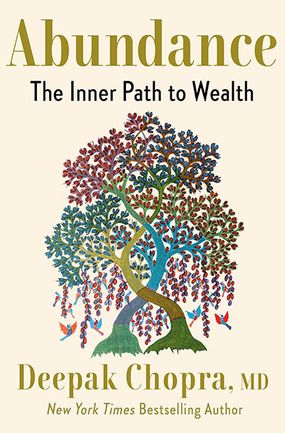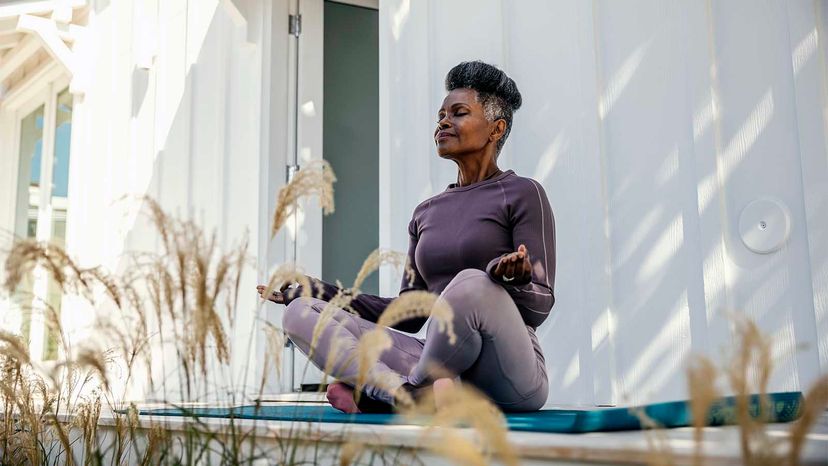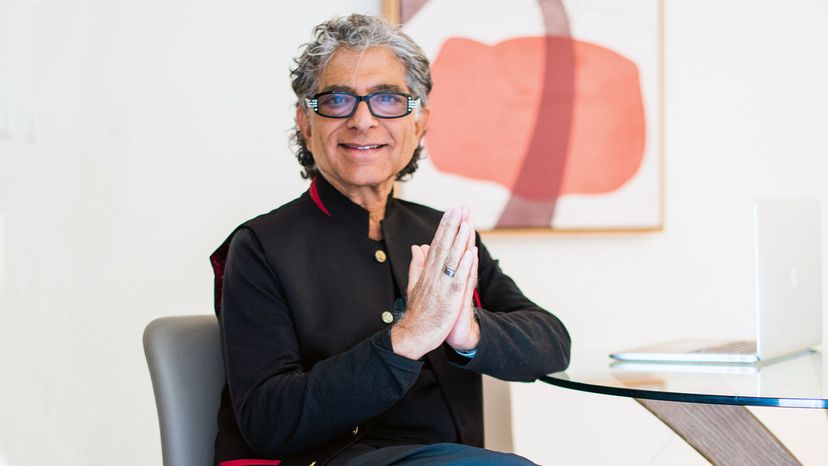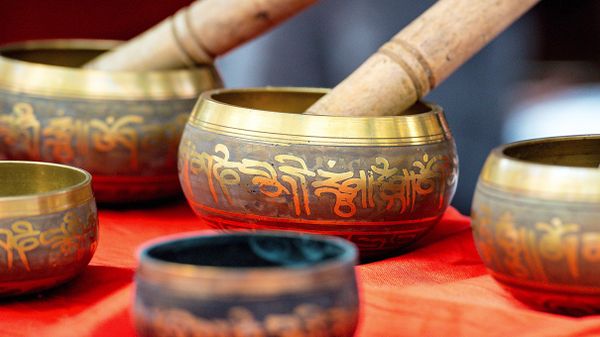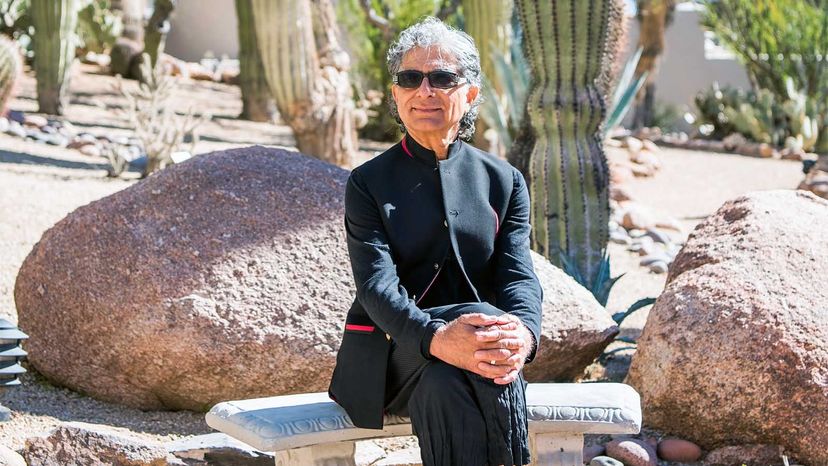
There's no doubt we have become a stressed-out society. According to the American Psychological Association (APA)'s Stress in America: Stress Snapshot, half of the Americans surveyed say they don't know how to manage the added stress the pandemic has placed on them and 63 percent say they fret about the months ahead.
All that long-term worry can take a toll on your mind, body and well-being and adversely impact virtually every system in your body. Stress is blamed for causing and worsening pain, triggering respiratory issues, increasing blood pressure and heart rate, disrupting the endocrine system, upsetting the gut and interfering with reproduction, to name a few.
Advertisement
We may not be able to control all the stressors in our lives, but we can learn to manage the stress and, in return, improve our mental and physical health. Doing so involves flipping the narrative that runs through our minds, explains Deepak Chopra, M.D., world-renowned speaker and author of numerous books on alternative medicine. In other words, teaching yourself to observe stressful thoughts or situations in a nonjudgmental way can help you find the good in them.
In a video chat, Chopra offers a personal example. When COVID-19 reached U.S. soil in early 2020 and stopped his book tour in its tracks, he didn't see it as a negative. "I always felt that when the world causes suffering, it is actually a challenge," he says. "And so, I wrote two books."
The first, "Total Meditation: Practices in Living the Awakened Life," released September 2020, was his first book dedicated solely to the practice of meditation. It explores the physical, mental, emotional, relational and spiritual benefits of the ancient practice. He followed that book up with "Abundance: The Inner Path to Wealth," which is due out in March. "Abundance" focuses on tapping into a deeper sense of awareness in order achieve a more abundant and fulfilling life.
The theme of both books is no coincidence. They're like lifelines to help us pull ourselves out of the COVID-19 mire. But before we can achieve that relief, Chopra says, we must start with something called "simple awareness."
Advertisement
